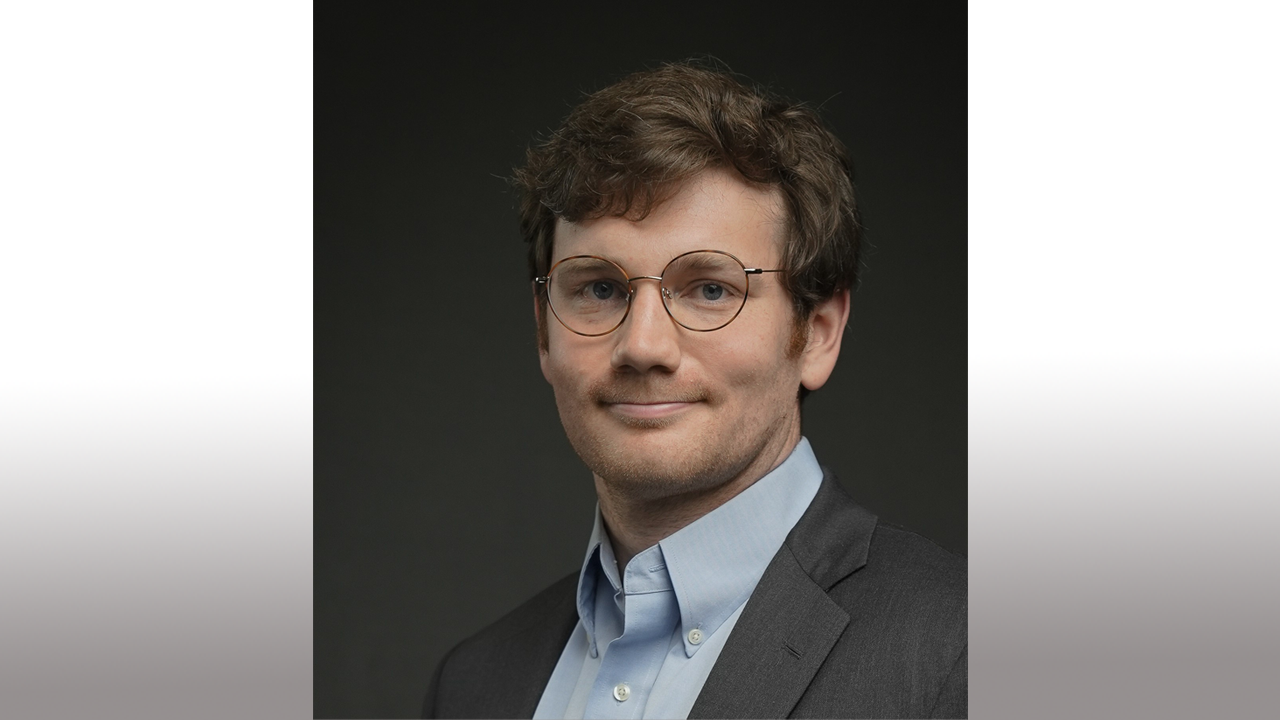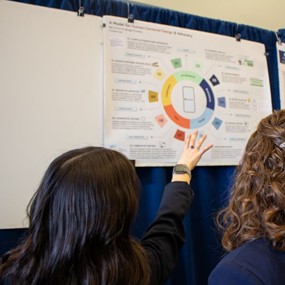Psychology professor works to improve treatment of challenging behavior

Assistant Professor of Psychological Sciences John Michael Falligant didn’t plan to be a translational researcher, but when traditional research findings fell short in his complex cases, he took a more active role in taking treatment from the lab to the clinic.
Falligant’s work in mental health began in his early years. In high school, he volunteered on a suicide prevention hotline for teenagers and worked in an outpatient rehab program for adults with schizophrenia.
Throughout college and after, he was a classroom and residential instructor at Glenwood Incorporated, a residential treatment facility in Birmingham for children and adults with autism and other developmental disorders that presented in severe challenging behavior.
“I've been fortunate to work in settings where the clinical presentations are highly individual and complex,” Falligant said. “When you’re faced with that level of variability, the only way forward is to treat each case as a unique problem to solve. In doing that, I’ve realized many of those clinical challenges are really open research questions, and that perspective has led me to develop new assessment approaches.”
Falligant earned both a master’s and doctoral degree from Auburn University, then spent the next six years of his career at the Johns Hopkins University School of Medicine in Baltimore. At both Hopkins and Auburn, his work has been supported by the National Institutes of Health (NIH), the Brain and Behavior Research Foundation and the Cornelia de Lange Syndrome Foundation.
Those grants allow Falligant to apply research findings to clinical settings for evaluation and improvement.
“For example, many behavioral interventions rely heavily on rewards to teach new behavior, and the assumption is that we can easily identify what will work,” Falligant said. “But in reality, it’s much more complicated. I like dark chocolate and I like salmon, but if you started paying me in dark chocolate and salmon instead of money, I wouldn’t be very motivated to work hard. Just because someone enjoys something doesn’t mean it will actually sustain behavior. Clinical methods for identifying truly effective reinforcers are still underdeveloped, and they don’t always pinpoint what’s genuinely motivating.”
One of his NIH-supported projects applies a mathematical model of reinforcement to identify effective rewards for children with developmental disabilities. It’s been shown to work in non-human subjects in lab settings, but until real children respond to the rewards, its usefulness in clinics remains unclear.
“What’s generated and inspired a lot of my translational work is seeing conventional methods for identifying reinforcers that might be just fine in certain settings are not working for the patients that I’m working with,” Falligant said. “We need to identify a new or better way to do this.”
This year, the American Psychological Association recognized Falligant with the B.F. Skinner Foundation New Researcher Award. He’s also earned the Wiley Distinction for Top Cited Article in the Journal of the Experimental Analysis of Behavior, Behavioral Intentions and the Journal of Applied Behavior Analysis.
Falligant said he’s honored by the recognition, but the real reward of his research is becoming a better psychologist for the children who need help with behavioral problems.
Learn more about the Department of Psychological Sciences.







